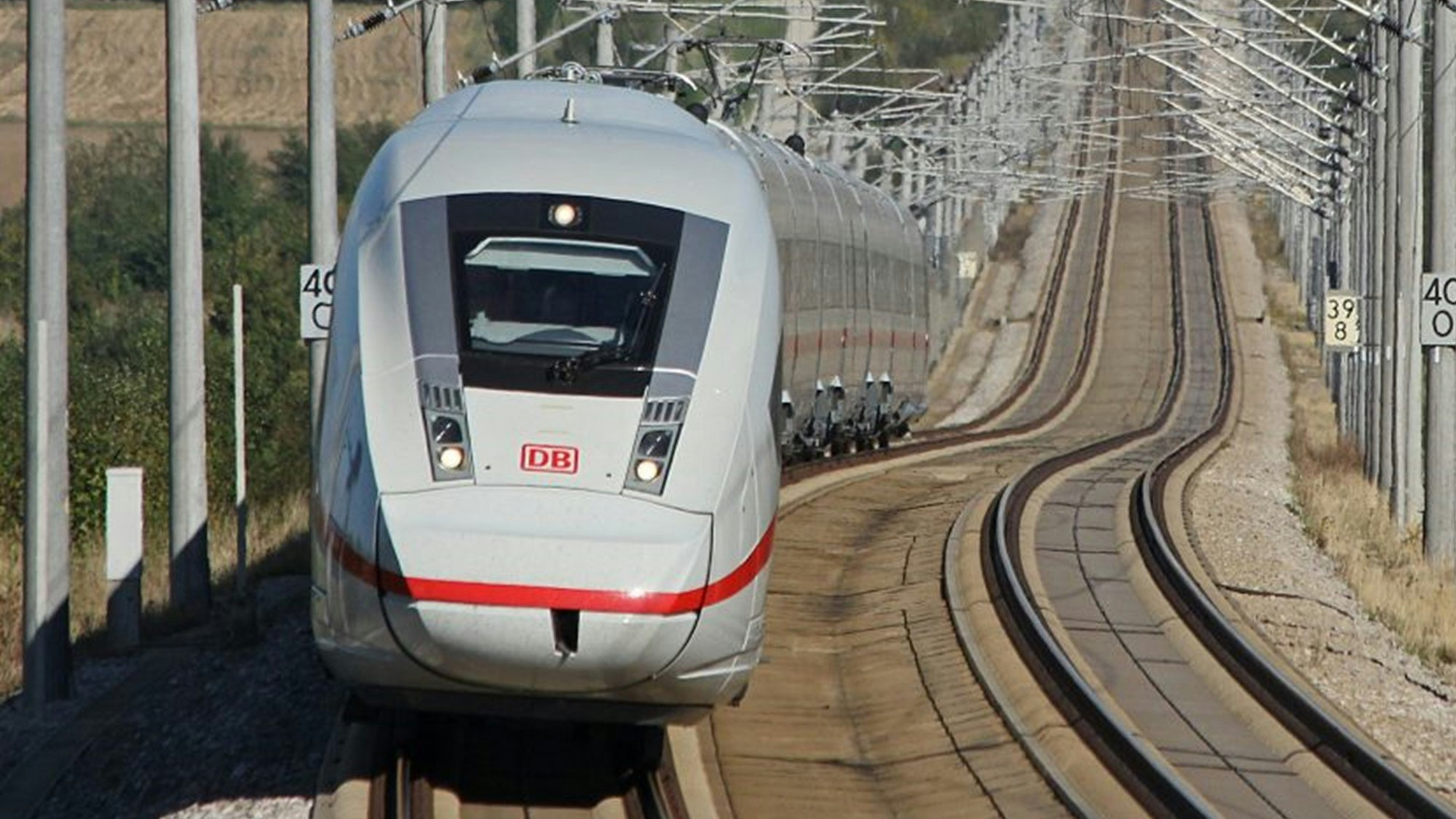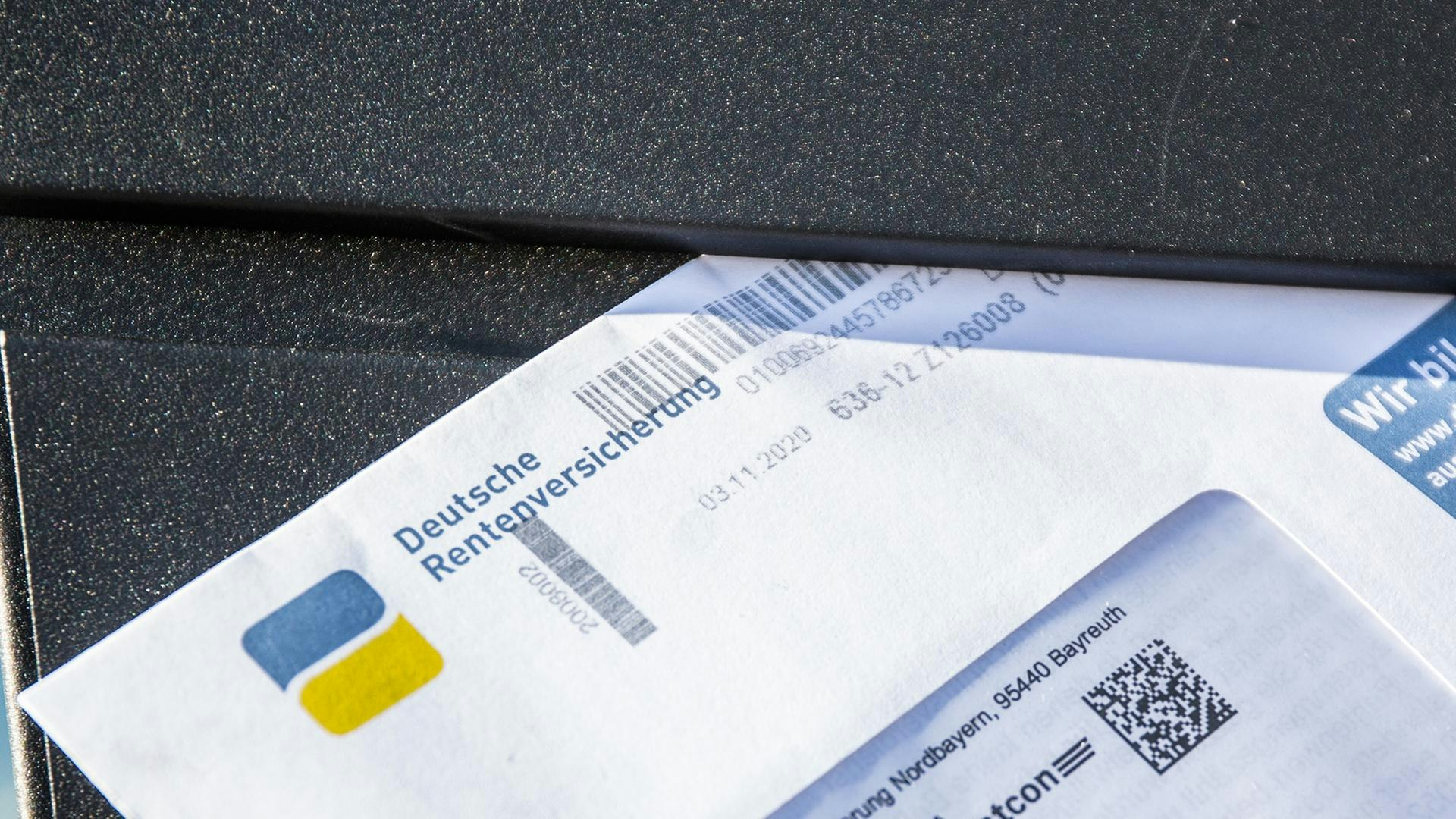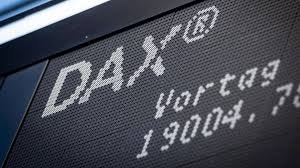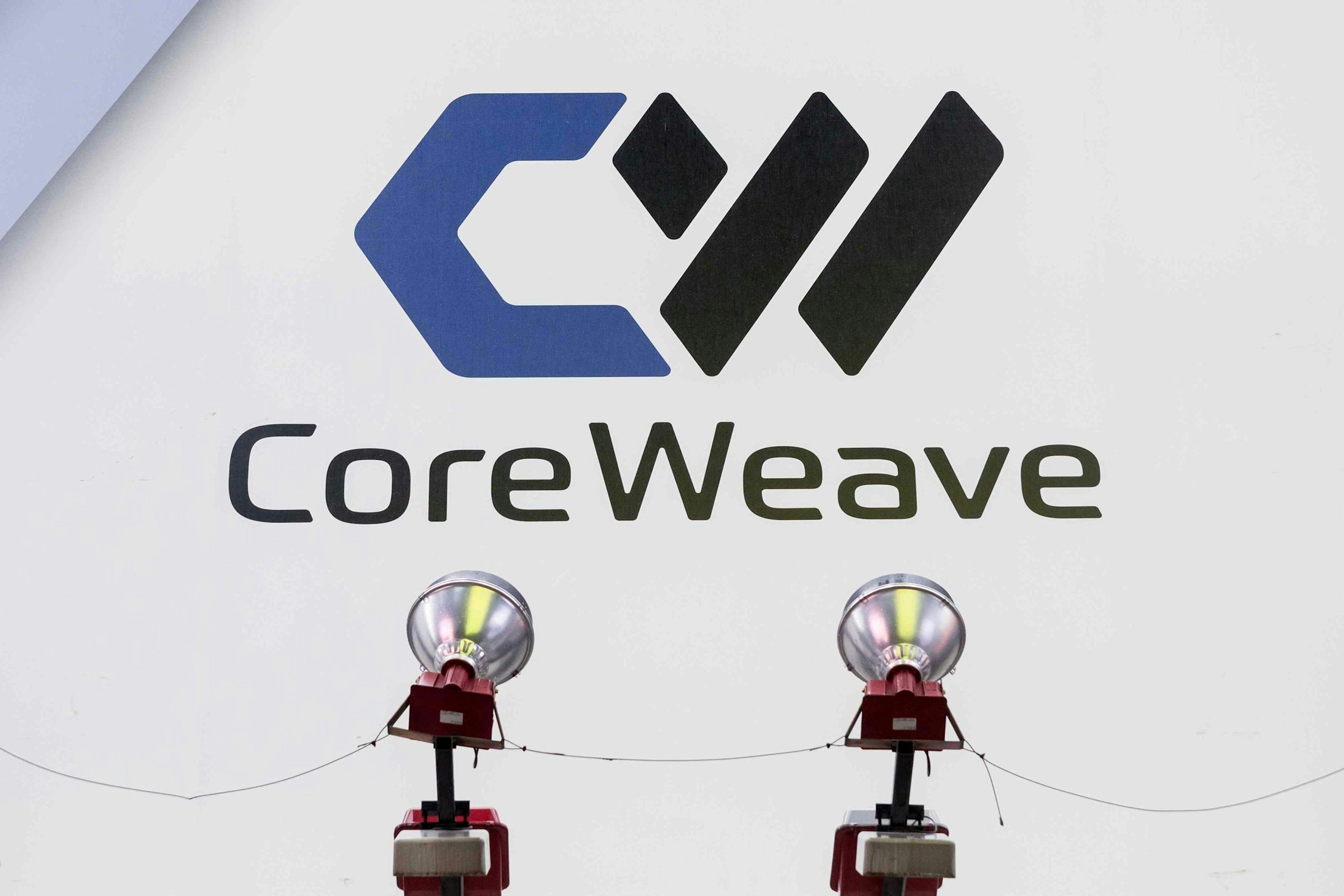AI
OpenAI develops its own chip for the first time – partnership with Broadcom aims for independence from Nvidia
OpenAI relies on its own chip for the first time with Broadcom to reduce dependence on Nvidia and expand computing power.
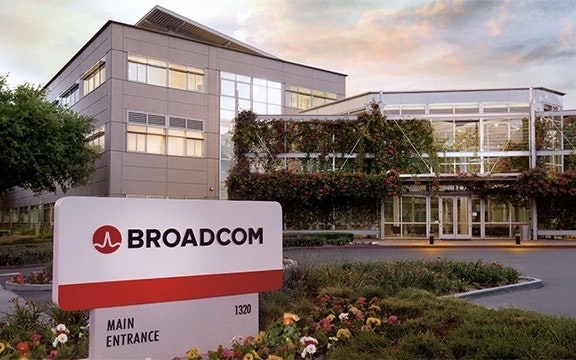
OpenAI will put its own AI chip into operation for the first time next year.
Broadcom CEO Hock Tan spoke on Thursday of a "new major customer" who committed to orders worth $10 billion. People familiar with the project confirmed that it is OpenAI. The first chips are to be delivered next year—not to external customers, but for the company's own use.
The decision highlights the strategic pressure OpenAI is under. CEO Sam Altman recently pointed out the immense need for computing power, triggered by the high demand for GPT-5 and other models. The compute capacity is to be doubled in the next five months. So far, OpenAI has been a major purchaser of Nvidia hardware and has significantly contributed to the GPU specialist's rise.
The order opens up an additional growth spurt for Broadcom. The company has been benefiting for years from the trend towards custom chips, known as "XPUs." These are considered an alternative to traditional GPUs from Nvidia or AMD and are rapidly gaining market share. The announcement caused Broadcom shares to rise by 4.5 percent after hours; overall, they have gained more than 30 percent since the beginning of the year.
Market observers expect Broadcom's custom chip division to achieve a higher growth rate than Nvidia's GPU business starting in 2026. With OpenAI as a partner, the company is likely to consolidate its position in a market whose dynamics are significantly determined by the race for AI computing power.


